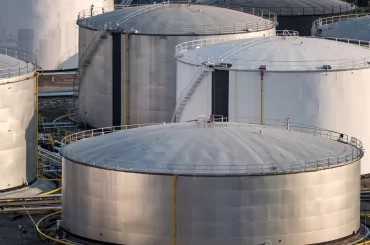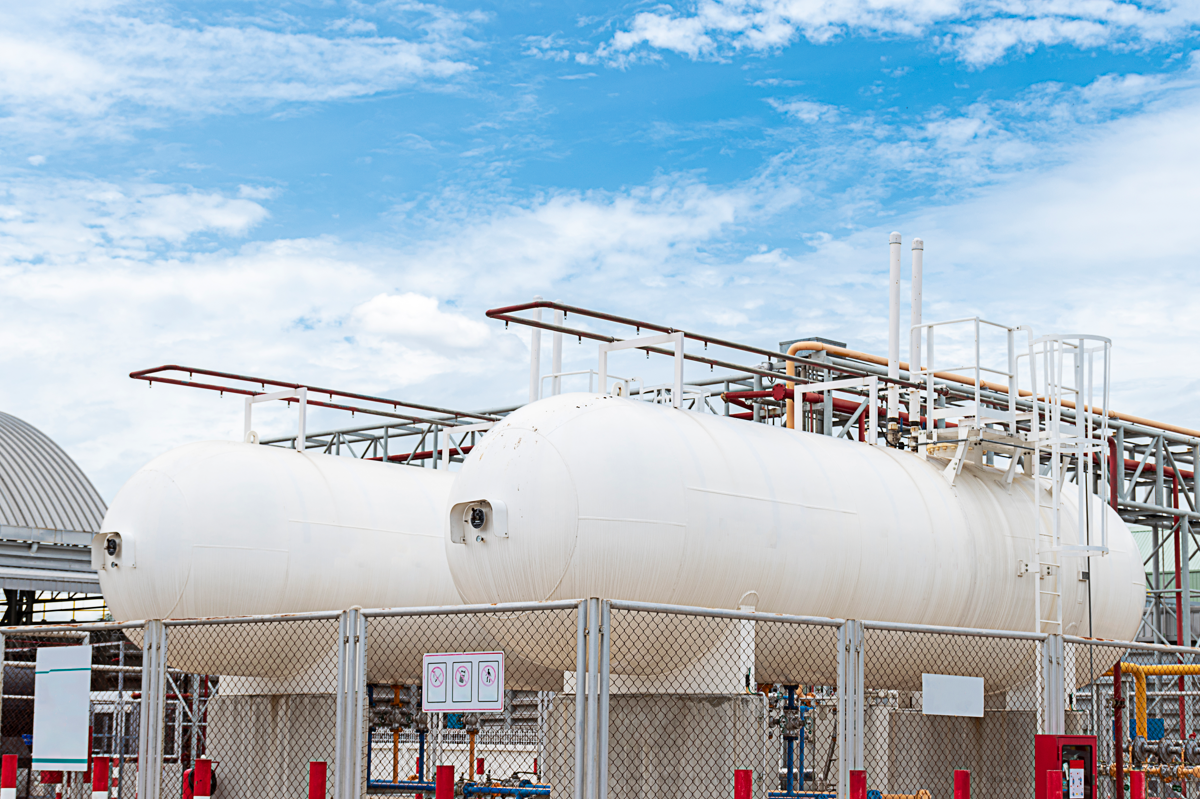Explore the informative guide for a comprehensive look at the API 936 Exam. Here, you’ll find valuable insights, answers to common questions, and essential preparation tips for your certification journey.
If you’re considering the API 936 Exam, it’s a significant milestone in the materials and corrosion control field. Within this guide, we offer a detailed overview of the API 936 Exam, its significance, practical preparation advice, and frequently asked questions.
What Is the API 936 Exam?
The API 936 Exam tests your understanding of various aspects of refractory materials, installation methods, and inspection techniques. It aims to ensure that industry professionals can effectively manage refractory systems to prevent failures and maintain safety standards.
How Many Questions Are On The API 936 Exam?
The API 936 exam lasts for 3.25 hours. It consists of 85 questions, but only 75 of them count toward your score. The other 10 questions are for testing purposes and will not affect your score.
In terms of exam structure, all the questions in the exam are of the multiple-choice type, and you are not allowed to bring any books, papers, or reference materials with you. To pass this exam, you need to achieve a specific scaled score.
What Are API 936 Exam Objectives?
The API 936 exam aims to test your knowledge and understanding in the following areas:
1. Understanding of Refractory Materials
Assess your knowledge of materials used in high-temperature environments.
2. Inspection and Testing
Evaluate your ability to inspect and test refractory materials effectively.
3. Installation and Repair
Test your proficiency in installing and repairing refractory materials.
4. Quality Control
Assess your knowledge of quality control procedures related to refractory materials.
5. Environmental and Safety Practices
Ensure you understand environmental and safety practices associated with refractory work.
6. Codes and Standards
Test your familiarity with relevant industry codes and standards. These objectives collectively cover the key aspects of refractory technology and its application, which are essential for passing the API 936 exam.
When Is The Schedule for The API 936 Exam?
|
Exam Window |
Program |
Duration |
Application Deadline |
| April 5 – 26, 2024 |
API 936 |
3.25 hours |
February 1, 2024 |
| August 9 – 30, 2024 |
API 936 |
3.25 hours |
June 7, 2024 |
| December 6 – 27, 2024 |
API 936 |
3.25 hours |
October 4, 2024 |
How Is The API 936 Exam Procedure?
Certainly, here’s the API 936 exam procedure broken down into paragraphs for each step:
1. Eligibility
Before attempting the API 936 exam, it’s crucial to ensure you meet the eligibility criteria set by the American Petroleum Institute (API).
2. Registration
To take the API 936 exam, you must register through the official API website or an authorized exam provider. During this step, you will be required to pay the exam fees, which can vary depending on the provider and location. Completing the registration process secures your spot for the exam.
3. Preparation
Successful exam performance requires thorough preparation. Utilize API-recommended study materials and resources to build your knowledge. It’s advisable to review the exam content outline to understand the specific topics that will be covered. Dedicate sufficient time to study and practice before exam day.
4. Exam Day
On the day of the exam, make sure to arrive at the designated exam location on time. Bring a government-issued photo ID for identity verification purposes. It’s essential to note that no reference materials, books, or papers are allowed inside the exam room. Follow the instructions provided by the exam proctor throughout the examination process.
5. Taking the Exam
The API 936 exam typically lasts for 3.25 hours. It comprises a total of 85 multiple-choice questions. To excel in the exam, carefully read each question and select the most appropriate answer based on your knowledge and understanding of refractory technology.
6. Scoring
The API employs a scaled scoring system for this exam. To pass, you must achieve a specific scaled score, which varies from exam to exam. Your exam results are usually provided immediately after you complete the test. The pass or fail status will be communicated to you at this point.
7. Receiving Results
Upon completing the API 936 exam, you will promptly receive your results. If you pass, you’ll be issued an API 936 certification, indicating your successful completion of the exam and your readiness to work in the field of refractory technology.
Recertification
API certifications typically come with a validity period. To maintain your certification, you may need to recertify by retaking the exam or fulfilling continuing education requirements. Stay informed about the recertification process to ensure that your certification remains current.
Keep in mind that specific details and procedures may vary, so always check the most up-to-date information on the API’s official website or contact the API directly for accurate guidance regarding the API 936 exam.
What Is API 936 Publications Effectivity Sheet?
1. API Standard 936
Refractory Installation Quality Control Guidelines – Inspection and Testing Monolithic Refractory Linings and Materials, 4th Edition, June 2014
2. API TR 978
Monolithic Refractories: Manufacture, Properties, and Selection, 1st Edition, March 2019
3. API TR 979
Applications of Refractory Lining Materials, 1st Edition, October 2018
4. API TR 980
Monolithic Refractories: Installation and Dryout, 1st Edition, April 2018
5. ASTM Publications C113-14 (2019)
Standard Test Method for Reheat Change of Refractory Brick
6. ASTM Publications C133-97 (2021)
Standard Test Methods for Cold Crushing Strength and Modulus of Rupture of Refractories
7. ASTM Publications C181-11 (2018)
Standard Test Method for Workability Index of Fireclay and High-Alumina Plastic Refractories
8. ASTM Publications C704-15
Standard Test Method for Abrasion Resistance of Refractory Materials at Room Temperatures
What Is The Significance of API 936 Certification?
Obtaining the API 936 Certification can greatly impact your career. Here’s why it matters:
1. Career Advancement
Earning the API 936 Certification signifies your dedication to excellence in materials and corrosion control. It can lead to higher-paying roles and increased responsibilities in your industry.
2. Industry Recognition
API certifications are widely respected in the oil and gas sector. Holding this certification demonstrates your competence and expertise, enhancing your reputation among peers and employers.
3. Enhanced Safety
Professionals with API 936 Certification can ensure equipment safety and prevent accidents caused by refractory failures. This expertise is invaluable for maintaining a secure work environment.
How To Prepare for The API 936 Exam?
Successful preparation for the API 936 Exam requires dedication and a structured approach. Here are the essential steps to help you succeed:
1. Study the API 936 Standard
Thoroughly review the API 936 Standard, as it forms the foundation of the exam. Gain a deep understanding of its content and requirements.
2. Enroll in a Preparation Course
Consider enrolling in a reputable API 936 Exam preparation course. These courses offer valuable insights, practice exams, and guidance from experienced instructors.
3. Practice Exams
Practice is key to success. Utilize practice exams to become familiar with the exam format and types of questions you’ll encounter.
4. Join Study Groups
Collaborative learning through study groups with fellow exam takers can enhance your understanding and retention of the material.
5. Stay Informed
Keep up with industry developments and changes in the API 936 Standard. The exam may include questions related to the latest updates.
What Are The FAQs of the API 936 Exam?
Below are some of the most frequently asked questions regarding API 936.
1. What Is The Passing Score for The API 936 Exam?
To pass the API 936 Exam, you need to achieve a score of at least 70%.
2. How Long Is The API 936 Certification Valid?
The API 936 Certification remains valid for three years. To maintain your certification, you must either pass a recertification exam or earn 20 continuing education credits within that period.
3. Can I Retake The API 936 Exam If I Fail?
Yes, you can retake the exam if you don’t pass on your initial attempt. There’s no limit to the number of retakes, but you must wait at least 30 days between attempts.
4. Are There Prerequisites for The API 936 Exam?
Yes, you must have a minimum of one year of experience in refractory installation, inspection, or related activities to be eligible for the API 936 Exam.
5. What Is The Exam Format?
The API 936 Exam consists of 100 multiple-choice questions, and you have three hours to complete it.
6. Can I Use Reference Materials During The Exam?
No, reference materials are not allowed during the API 936 Exam; it’s a closed-book examination.
The API 936 Exam is a critical step for you who are aiming to build a career in refractory technology within the relevant industries. By carefully following the steps outlined in this guide and dedicating yourself to a structured study routine, you can earn your certification and unlock a world of professional opportunities.
To ensure you’re well-prepared for the API 936 Exam, PetroSync offers specialized training programs. Our programs are designed to provide you with the necessary knowledge and skills required to excel in the certification process.
With PetroSync‘s guidance, you can deepen your understanding of refractory materials and significantly increase your chances of passing the exam successfully. Our training materials, expert instructors, and methodical approach will boost your confidence and proficiency in refractory technology.
Enrolling in PetroSync’s API 936 training is a strategic investment in your career, showcasing your commitment to mastering this specialized field within the oil and gas sector. This preparation equips you to confidently face the challenges of the exam, making your journey toward certification more accessible and promising.
Credit header image: Pexels

SEO specialist by day, fact-checker by night. An avid reader and content writer dedicated to delivering accurate and engaging articles through research and credible sources.







